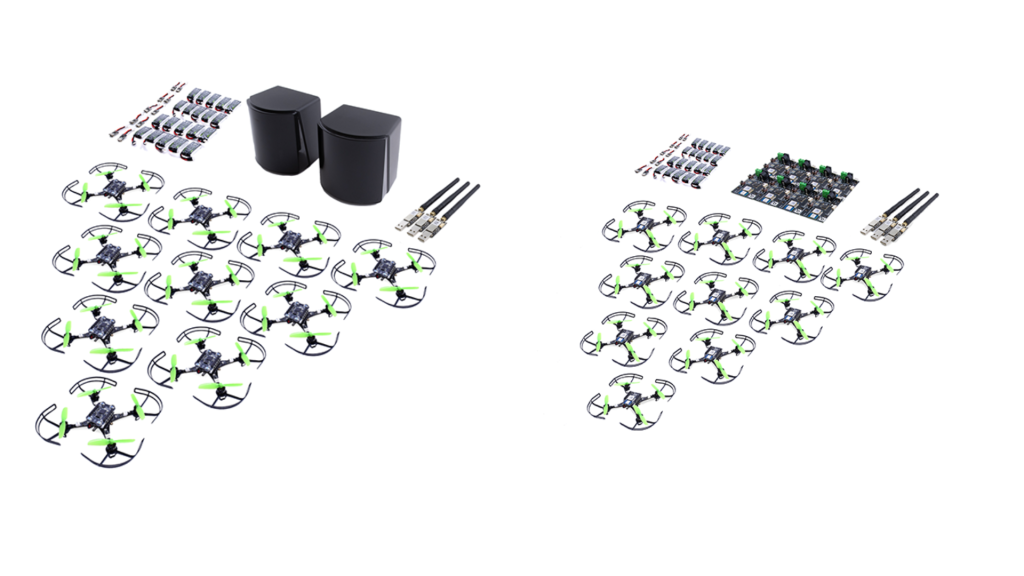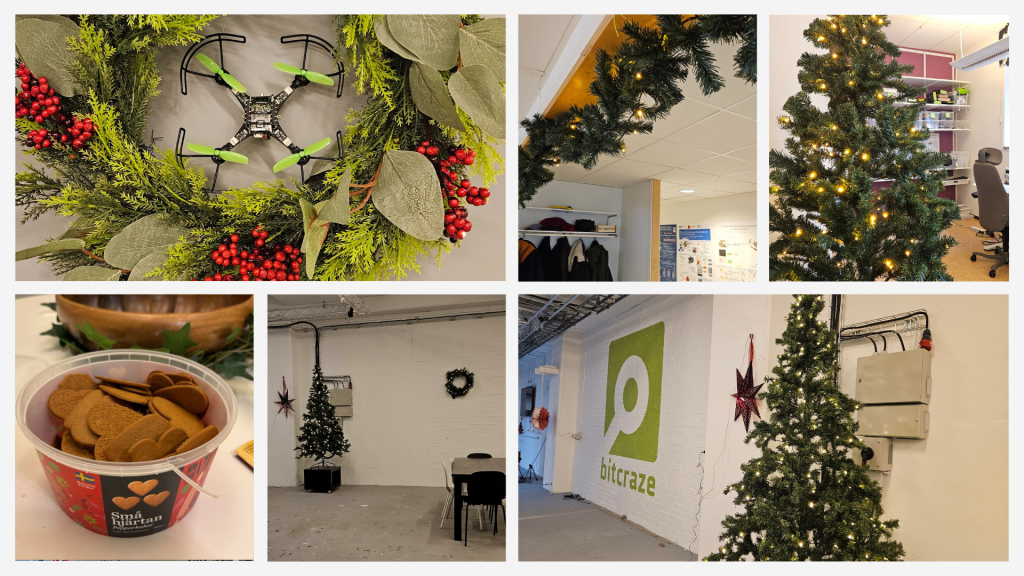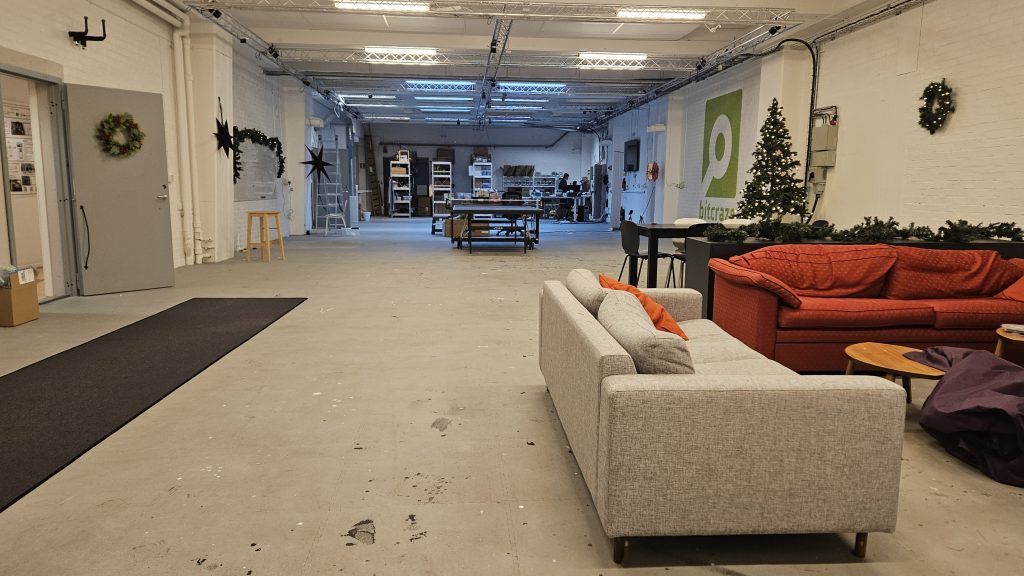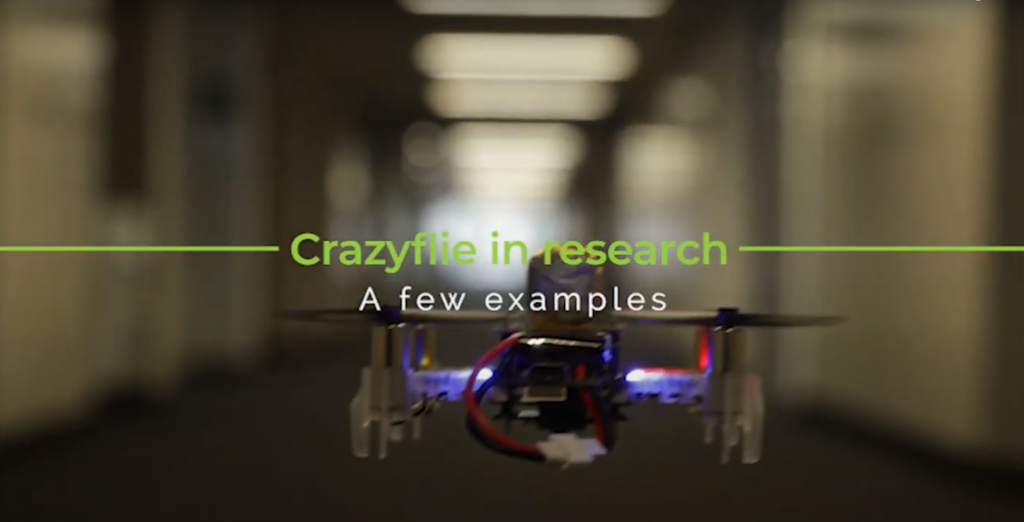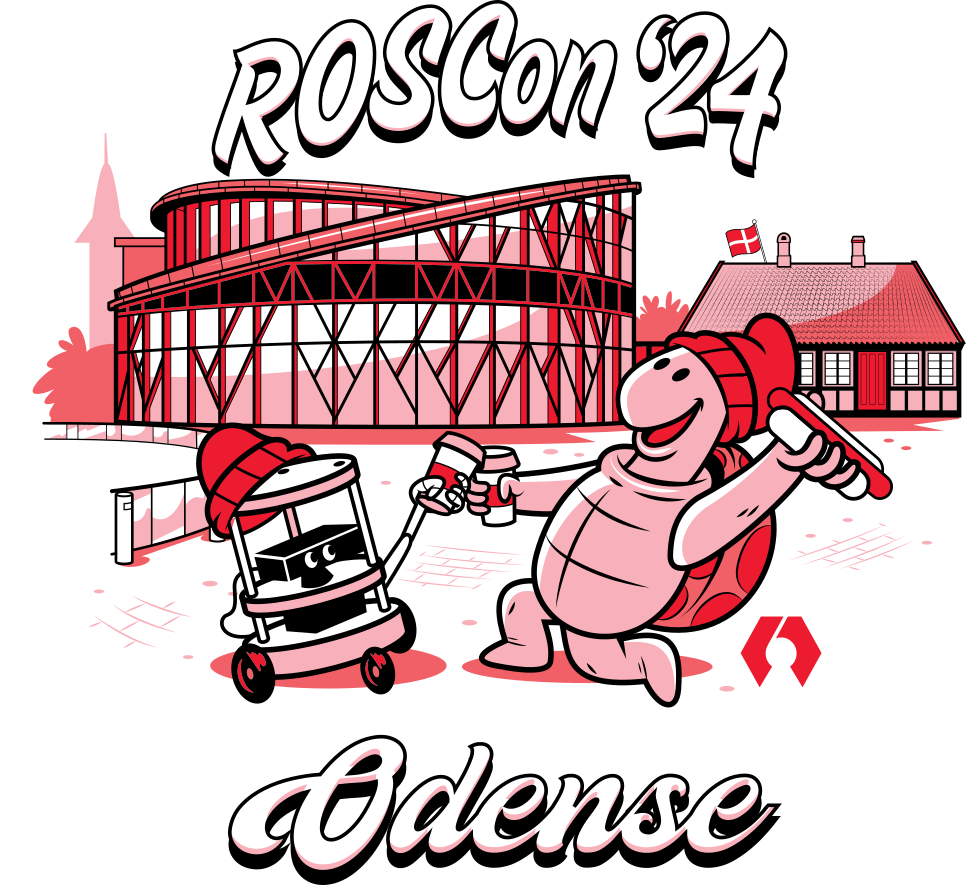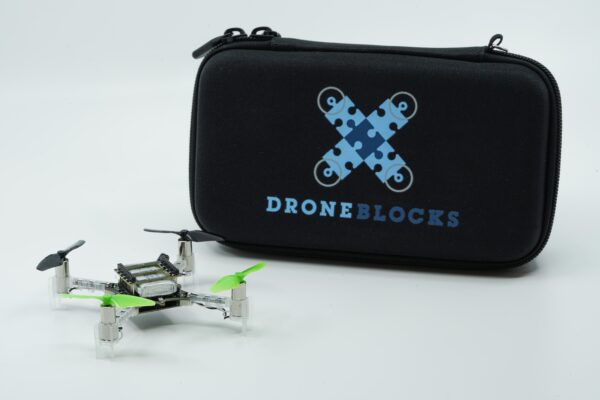We’ve got an exciting month ahead – in just a few weeks, we’re heading off to not one, but two amazing conferences! It’s going to be a whirlwind, but we couldn’t be more thrilled to be part of these events, meet fellow robotics enthusiasts, and show off some cool demos. Here’s where you’ll find us:

First stop: ICUAS
We’re kicking things off with ICUAS (International Conference on Unmanned Aircraft Systems), where we’re proud to be official sponsors of the competition. We’ll be present there to help and support the constestants of the competition, that are going to use the Crazyflies in simulation and in real life. The teams will need to deploy a team of UAVs in an urban environment to locate and identify threats.
It’s our first time attending ICUAS, so this is a brand new adventure for us – and we can’t wait to dive in and see what it’s all about!
Next up: ICRA
Just two days after ICUAS wraps up, we’re heading straight to ICRA – this year taking place in Atlanta. You’ll be able to find us at booth 131, right in front of the Tech Talk stage. If you’re attending, definitely come say hi!
We had the honour to be invited to be part of the workshop “25 years of arial robotics: challenges and opportunities“. Rik will talk there on the 23th of May at 16.10; covering Bitcraze’s history and the challenges we’ve faced in positioning a nanocopter – all in just 10 minutes. We’ll also take part in the forum on Undergraduate Robotics Education Programs on the 22th of May. We’ll have a poster presenting the Crazyflie as an educational platform.
These are all fantastic opportunities to highlight what makes our platform special and to exchange ideas with you! If you’ve got a paper or publication featured at ICRA, we’d love to hear about it – email us at contact@bitcraze.io, leave a comment below this post, or drop by our booth.
Demo
We’re bringing back our trusted demo setup – but this time, with more Brushless units and charging docks! It will be a version between what we presented at the last ICRA and what we call “the fish tank demo” we have now at the office.
We’ll also be bringing along some prototypes and new decks we’re currently working on – so if you’re curious about what’s coming next for Crazyflie, this is your chance to get a sneak peek and chat with us about it!
Give us your posters!
Last year, we collected posters from proud participants to decorate the office, and it turned out amazing – so we’re doing it again! If you’ve got a cool poster featuring our products and aren’t sure what to do with it after your presentation, come by our booth. We’d love to swap it for something a little extra special.
All in all, it’s shaping up to be a busy, exciting, and (hopefully) couple of weeks. Whether you’re at ICUAS or ICRA, stop by, chat with us, and see the Crazyflies in action. We’re looking forward to reconnecting with old friends and meeting new ones – see you there!
